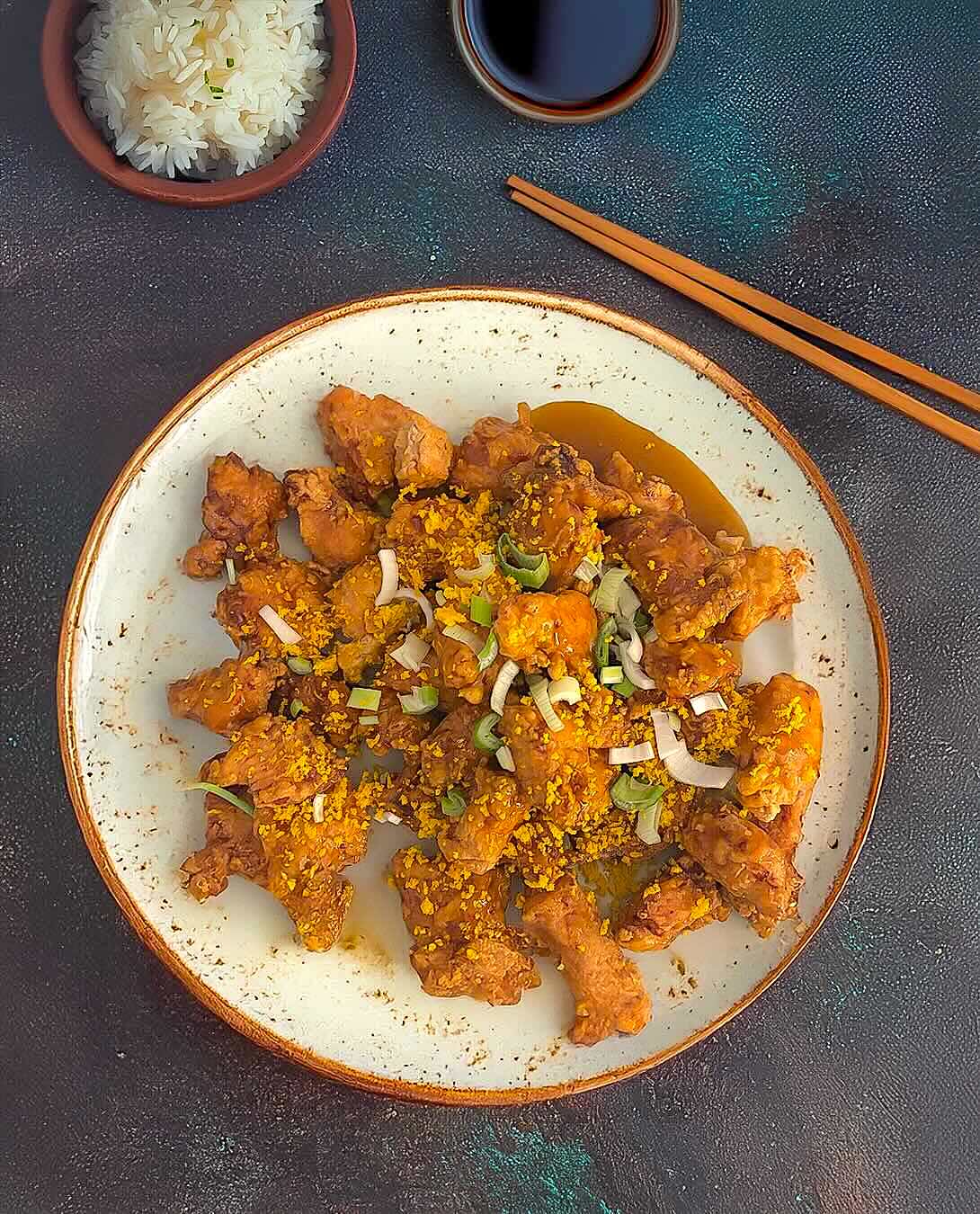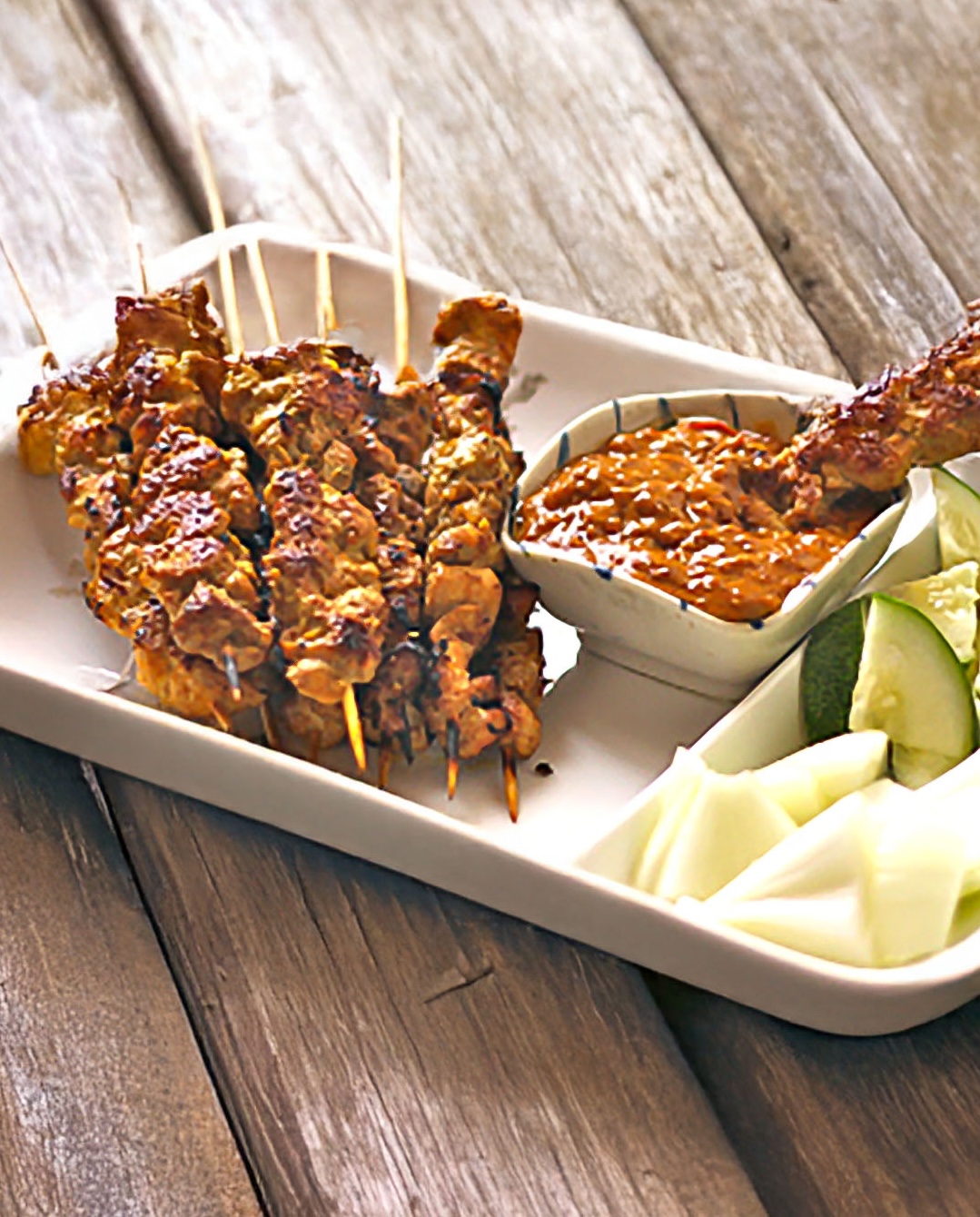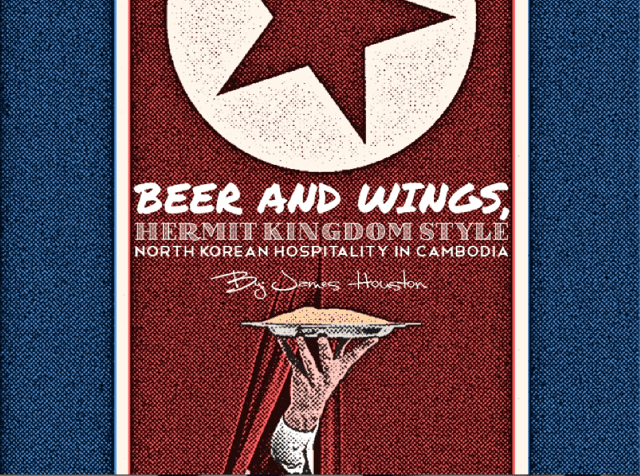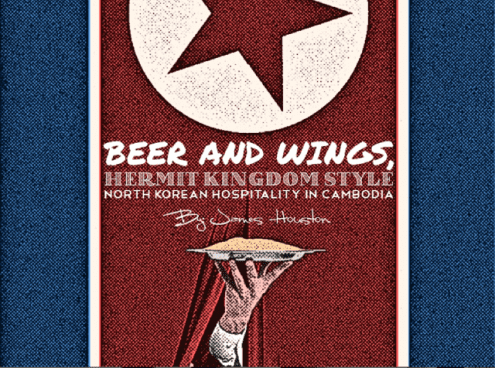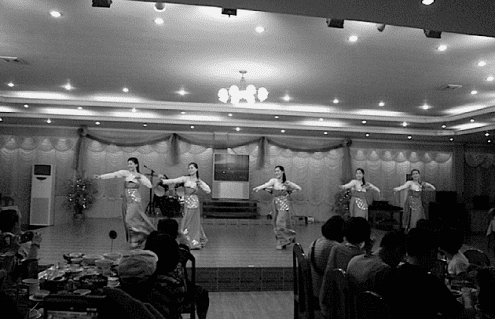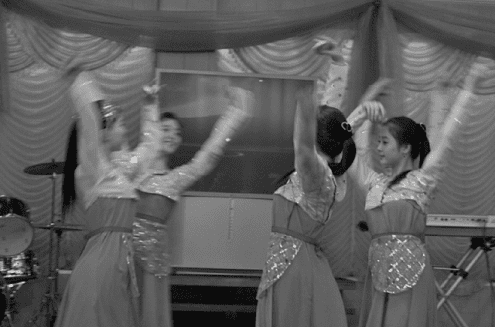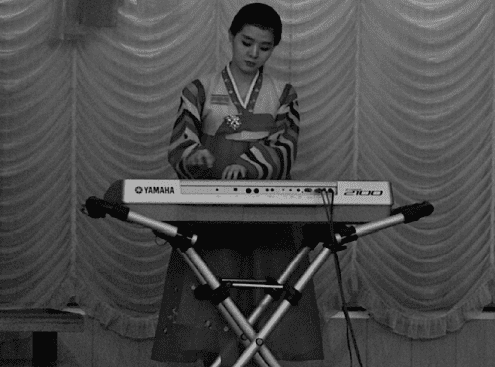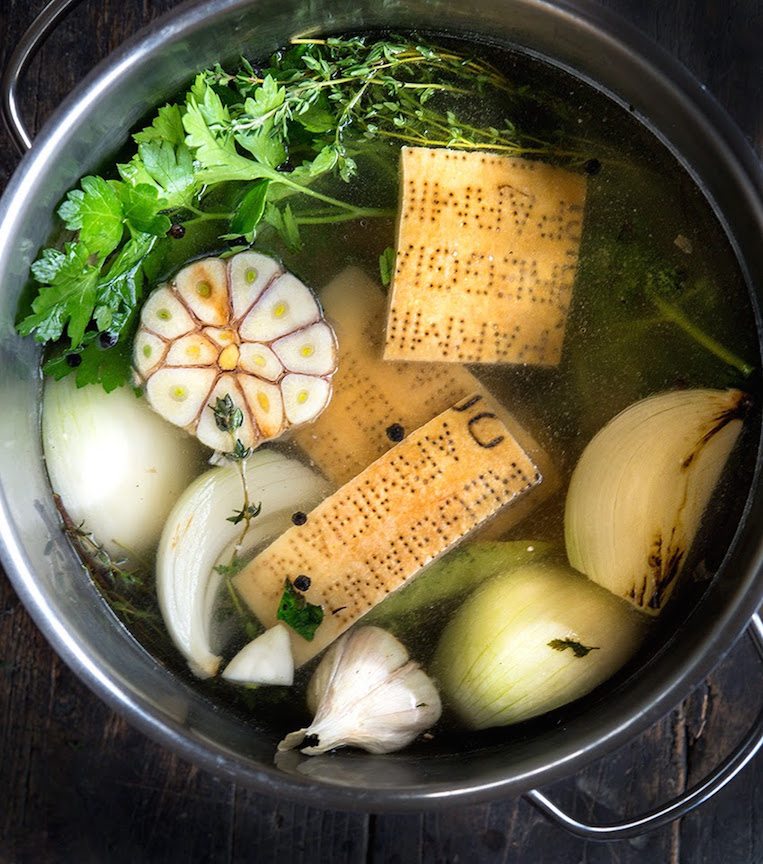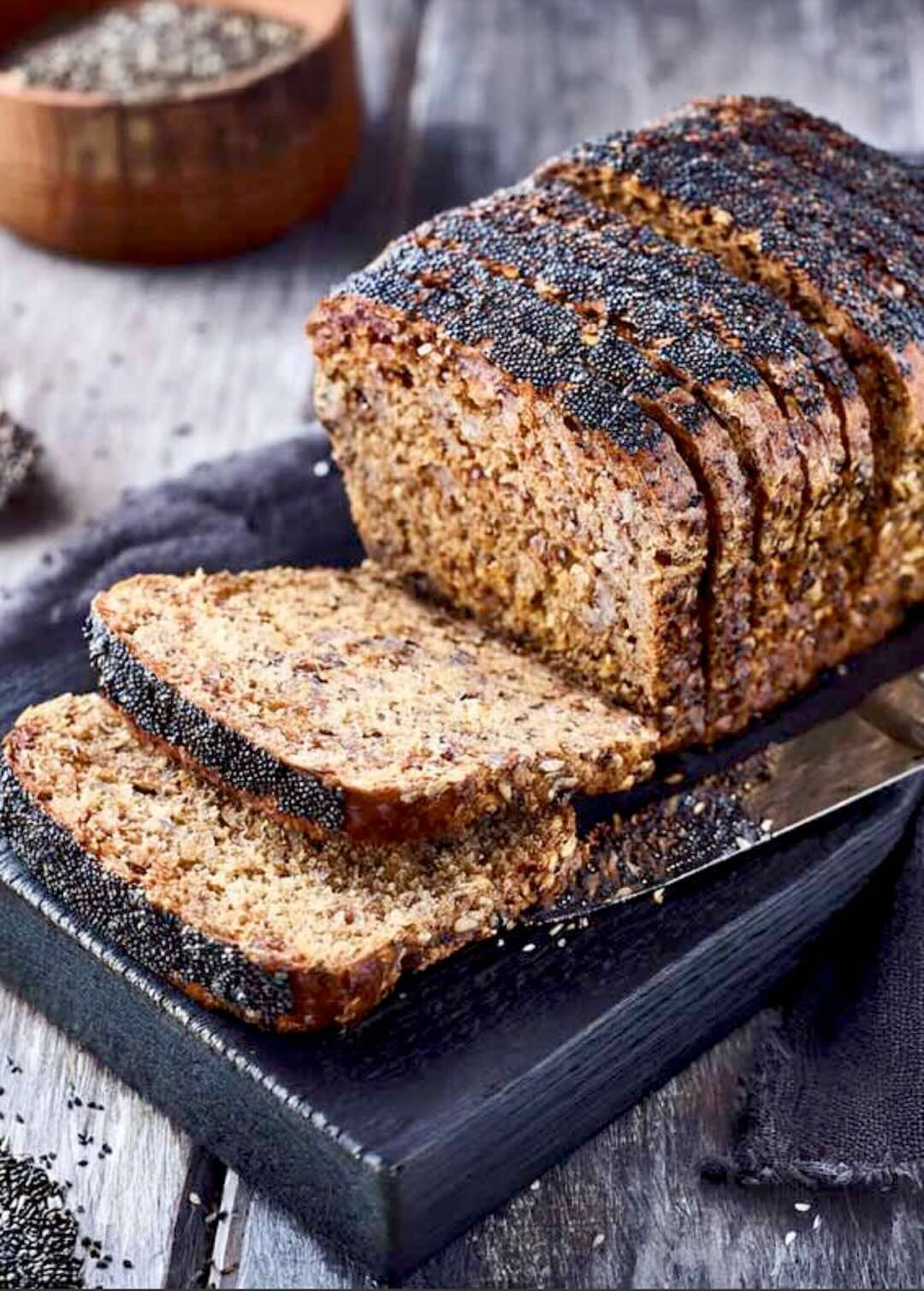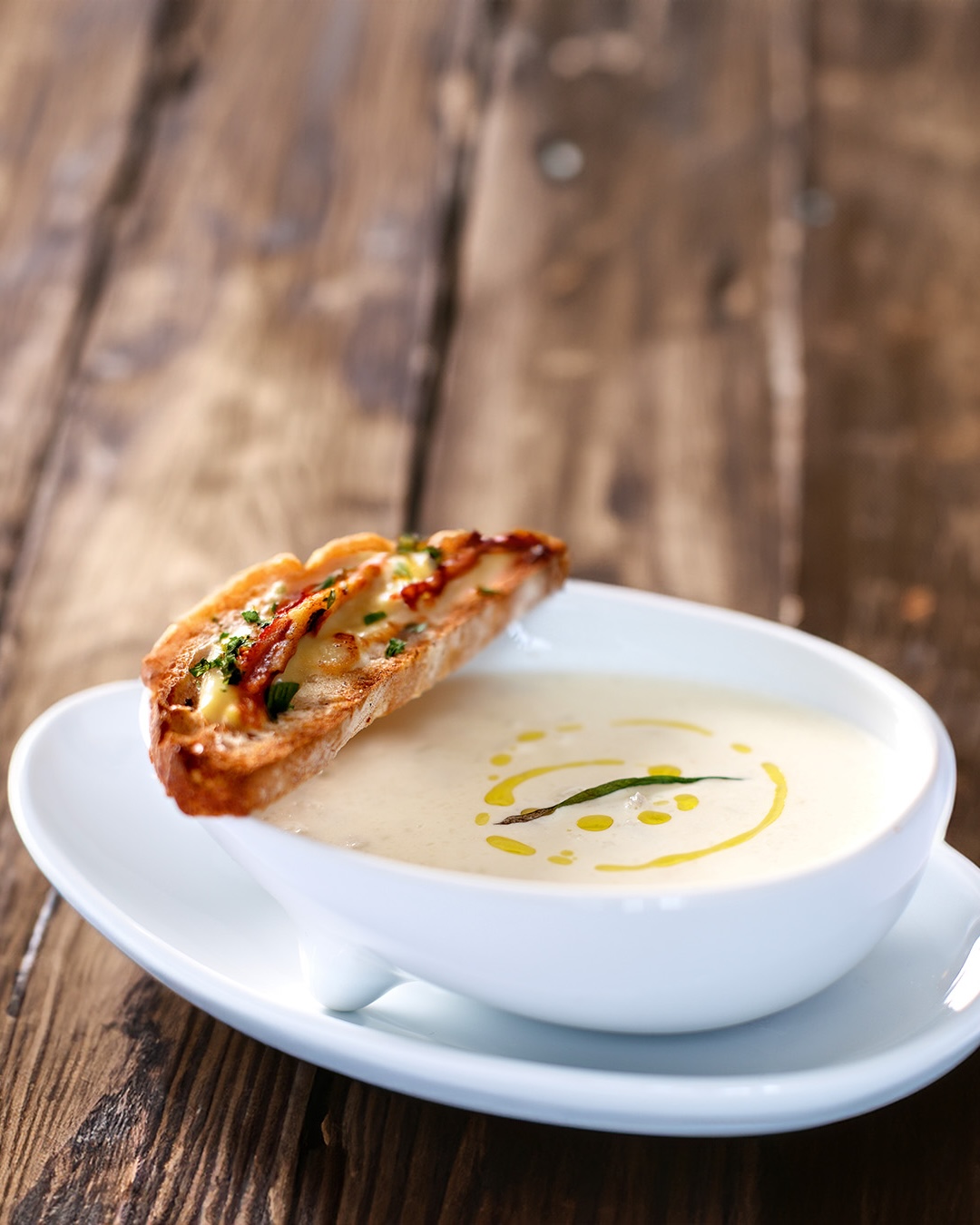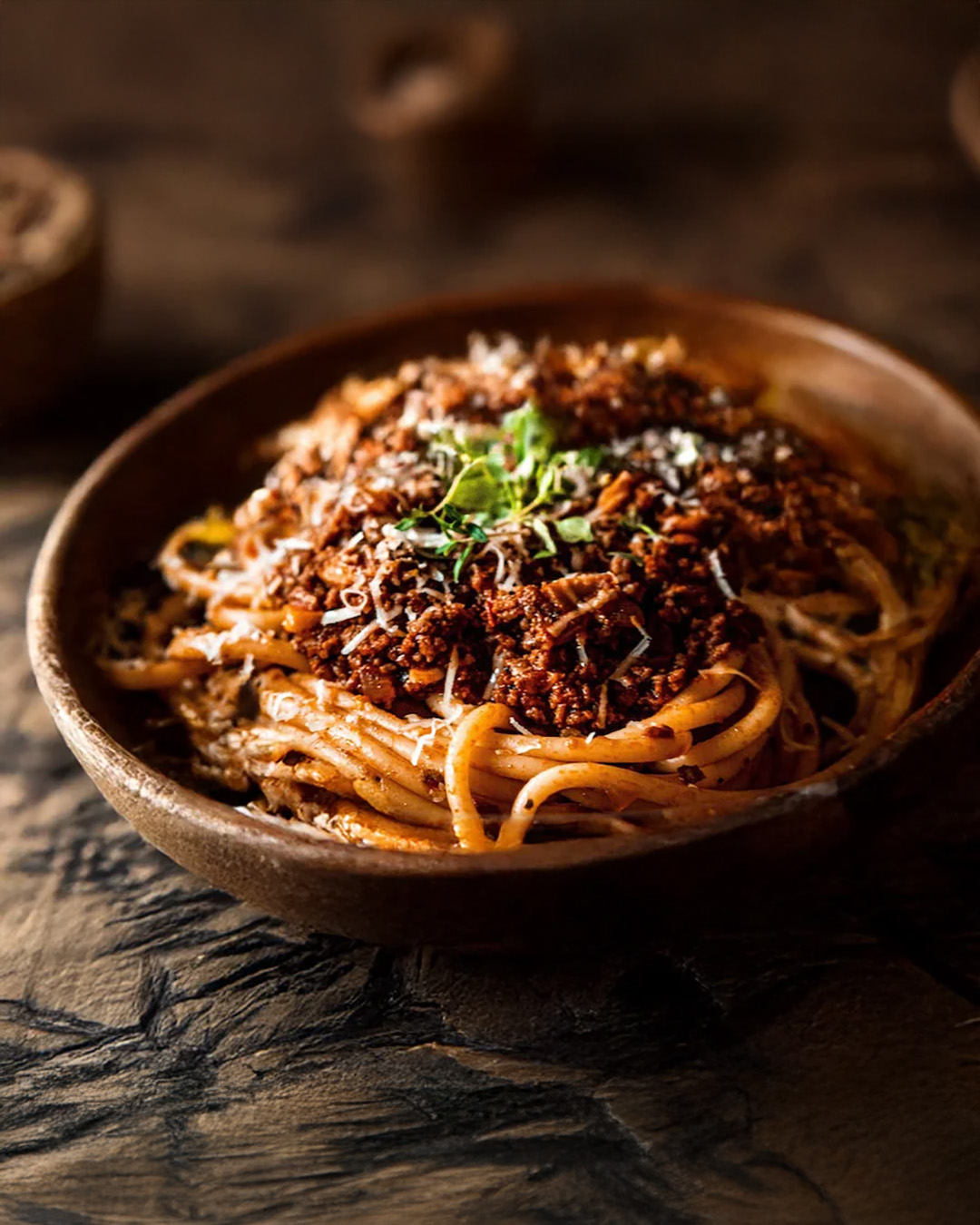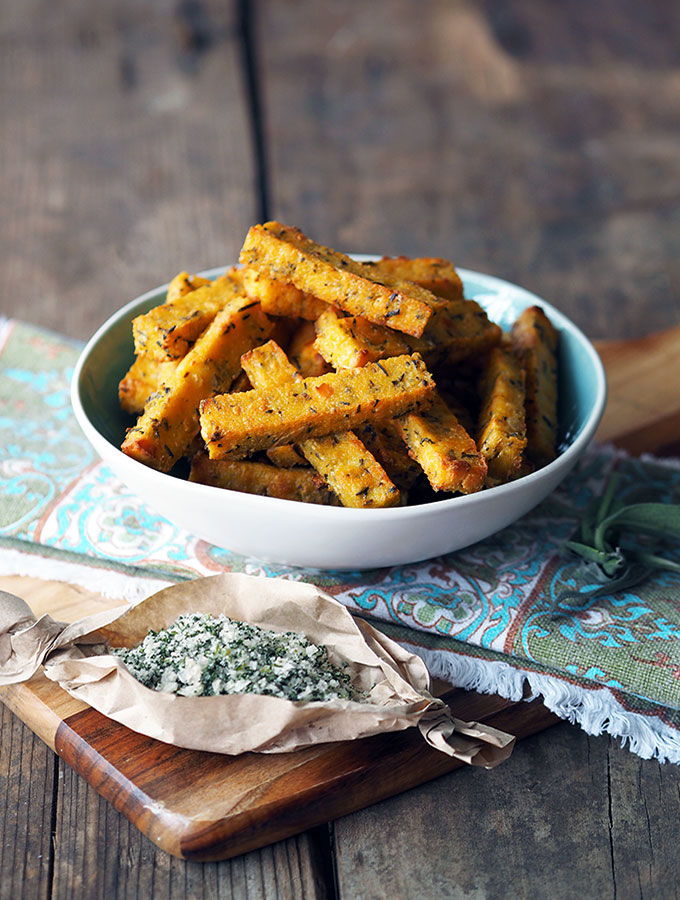Weekend Reads brings you longform features from Honest Cooking’s first iPad Magazine, which you can download for FREE here
The overdue rain has just started in Siem Reap as our motorbike tuktuk swings a reckless U-turn across two lanes of oncoming traffic. My friend from America, let’s call her Swan, and I are on Airport Road, the wide, busy arterial that connects the airport to the city.
An old Toyota brakes hard and another tuktuk swerves skillfully around us.
“You OK?” asks our driver. I think his name is Ly or By or Somnang—he introduced himself earlier. But I’ve been unusually bad with names on this Southeast Asia trip, my brain distressed by Thai coffee jitters and Beer Chang headaches.
We pull into the lot of Pyongyang Restaurant, a low, black structure optimally located for visibility by airport traffic. Some small cars parked against the building are dwarfed by three huge tour buses with Korean lettering on their sides.
Once I learned Siem Reap harbored a North Korean restaurant owned by the North Korean government with an all-female waitstaff that sang and danced to North Korean music, not going was not an option. The prospect intrigued me far more than seeing Angkor Wat and Angkor Thom, or reflecting on the effects of America’s dubious actions and inactions in Cambodia since 1970.
Only in hindsight does this order of priorities not add up. Why did I want to go to this restaurant so badly? Few published reports about Pyongyang indicate anything good about its food. It’s fun to watch a show while you eat, but you can do that at Benihana or Medieval Times.
Obviously it was for a taste of North Korea—one of the last frontiers for the curious traveler. A country that has built a brand out of extreme, oppressive secrecy, and seems to be understanding, at last, the marketability of a glimpse behind the veil.
I stand by this motive. Isn’t the whole appeal of traveling anywhere to experience something new, something “foreign”? And what could be more foreign to a lifelong consumer of Western capitalism’s fats, oils and sweets than the food and culture of the DPRK?
On the other hand, whatever good times roll at Pyongyang Restaurant are far removed from the reality of North Korea for its average people, who endure economic misery and arbitrary punishment. In this sense, going to Pyongyang to expand my cultural horizons might be like going to Disneyland to collect scientific data on mice, dogs, and ducks.
Still, the regime has been feeding the world fraudulently positive portrayals of North Korean life for decades—so maybe the Pyongyang experience is real for being a microcosm of this.
I tell the hostess Swan and I are Two for Dinner, and she leads us into an vast, low-ceilinged space that either feels like a fancy hotel conference room and a summer camp mess hall.
She leaves us at the end of one of the long, communal tables that run perpendicular to a stage. On the stage are an electric guitar, bass, drums, a keyboard, and a TV looping idyllic nature scenes.
Waitresses in bright Chos?n-ot dresses dexterously arrange the last place settings. Rumors abound about these pretty, porcelain-faced girls with impossibly good posture. One is that they sometimes flee the restaurant to seek a new life—with dire consequences when they’re caught.
Most of the hundreds of chairs are empty, until a stream of South Koreans from the buses outside begins filing in. Soon, the room is 75% full. It appears Thai-American Swan and American-American I are the only non-South Koreans, and I am the only Caucasian.
There are certainly no Cambodians eating here. When we checked into our hotel, I told the manager that visiting Pyongyang Restaurant was a top priority for us. Her welcoming glow vanished at once and she gave us a room with a broken DVD player. Although socialist Cambodia is one of the DPRK’s better political friends in Asia, this restaurant hardly helps the local economy and does nothing to promote Cambodian culture. So when a tourist announces his desire to spend time and American dollars at Pyongyang instead of the Khmer restaurants owned by her friends and relatives, a Cambodian’s contempt is well-earned.
I want to take some photographs. My Googling of this restaurant has led me to believe this is forbidden, so I leave my Nikon in my backpack and instead half-conceal my Android in my sleeve like an assassin’s pistol, camera app engaged. I look left, right, back and nervously shoot the place setting and stage.
I glance at the screen just long enough to see the photos are terrible, then notice Swan is looking behind me with growing concern. I sense someone coming. I’m busted. They’ll have me mining coal in Siberia by dessert.
One of the waitresses steps in front of me, dress billowing from her speed-walk across the room. She gives me a look that is at once apologetic and judgmental, then crosses her two long index fingers in an interdicting “X”. I sheepishly pocket the smartphone and hope she doesn’t try to take it.
She leaves as silently as she arrived and goes to attend to a group of businessmen who are already ready for another round of soju. So that’s that, no pictures. Shit.
Soon another waitress comes bearing little dishes of kimchi, other pickles, and some surprisingly good peanuts. She has the same ivory skin, ebony ponytail, and blood-colored lips as the others. According to her nametag she is Ri Un Jong.
Taedonggang, the North Korean beer, is not on the menu so I settle for a large bottle of light, cereal-flavored Angkor. Ri Un Jong confirms I only want one by pointing upwards with her right index finger—these waitresses speak well with their index fingers—and I nod. Swan asks for water.
The menu bursts with glistening pictures of the prepared dishes, a la Denny’s or IHOP. I don’t see much I wouldn’t find in New York’s K-Town—bulgogi, bibimbap, various dumplings, cold noodles. But there is one thing I know is on the menu that I wouldn’t find on West 32nd Street, and I flip the pages impatiently in search of it.
Dangogi literally means “sweet meat”, which makes the fact that it is dog meat even ickier. Many articles and reviews referenced the fact they served dangogi here, and so I intended to double down on the weirdness of the experience by eating my first dog tonight.
Swan is not happy with this. She sees it as another manifestation of my glib, thrill-seeking attitude towards this trip. And she’s right. Since the day I sucked out a grouper’s brain in the Bahamas I have sought ever weirder foods, eating with relish ears, tongues, trotters, livers, hearts, kidneys, intestines, insects, live octopus, eyeballs, and other gore. In New Zealand I declined going to a party where I later learned there was an opportunity to eat a sheep testicle, and never forgave myself. Having eaten dog will be a point of pride, twisted as it may be.
Our dangogi disagreement also surfs the basic slippery slope of carnivore ethics: If you can eat a dog, can you eat a cat? If you can eat a cat, can you eat a chimp? If you can eat a chimp…
“What if it were Dilla?” Swan asked me yesterday. Dilla is our friend’s endearing, flatulent Boston Terrier.
Yes, what if the dangogi were made from Dilla? And what if the bulgogi came from an adorable cow named Lefty who was beloved from birth and could moo Led Zeppelin songs? Short of cannibalism, where can you draw this line? I am here to eat like a North Korean, and North Koreans eat dogs.
“So you’re going to get the dog?” Swan grumbles. I say nothing and turn pages until I find it, just as Ri Un Jong comes back with my beer and pours some into a small glass.
Here goes. I picture the dangogi steaming in front of me. Will I picture Dilla, looking up at me with wide eyes, as I bring the first trembling piece to my mouth? Will I picture a filthy, tapeworm-infested cur that wandered into the spring trap behind the restaurant kitchen? Would I be getting it just to “win” the argument with Swan? If I eat dog tonight, what’s next?
I take a long drink of beer, honestly consider my shrinking appetite, and order chicken wings and cold noodles. Comfort food will pull this evening back together. For all I know, maybe wings are the secret gem of North Korean cuisine.
They aren’t, they’re terrible. They’re plated in an awkward heap with a maraschino cherry on top. They’re slimy, unsauced, and juicy in the worst way. It’s suggested that the Pyongyang Restaurant chain is administered by “Room 39”, a shadowy branch of the DPRK government that carries out money-related activities including counterfeiting American bills. I believe it now, because these are counterfeit American wings.
I finish my beer and ask Ri Un Jong for another one. Yes, one. I mirror her index finger with mine, much less elegant.
I won’t admit defeat and I manage to eat the wings, leaving the limp cherry for last. For what it’s worth, the cold noodles and Swan’s bibimbap are good.
The lights go down and tinny, mid-tempo music blares over the PA system. Three waitresses take the stage with wireless microphones and sing an angular Korean tune in basic harmony, gesturing in unison with their free hands. I grit my teeth, remembering the photo ban, and think about leaving early.
But then a light down the table catches my eye—the glow of a point-and-shoot camera view screen. Then another. Another! Ten more! Everyone is getting their cameras out!
Though the logic escapes me, photography is only forbidden until the show. I tear my backpack open and barrel down the aisle with my bulky Nikon.
I take sixty-seven pictures in three minutes, pausing once to wonder why I’m suddenly so excited again.
The song ends, the girls bow, and, as though the dance is continuing, one picks up the guitar, one the bass, and the third stands behind the keyboard. The drum throne stays empty. They trade their handheld microphones for headsets and play something that is almost Canto-pop but not quite. It’s like a sped-up version of an early Belle and Sebastian track. I had suspected them of lip-syncing the first tune, but this is definitely real except for the dubbed percussion. The guitarist and bassist are awesome.
They run off to change clothes and return in sky-blue dresses with a fourth and fifth. The next song is frenetic, pounding, with a melody that is unmistakably Russian. Their dance is intense and complex. But I’m more captivated by the certainty that I know this song from somewhere, somewhere in my distant past.
It hits me: Tetris! Not the iconic main theme, but the “B-Type” music from the Game Boy version that kept my elementary school grades mediocre. Is Tetris groove what they listen to in North Korea? Why not? Surely Russian culture has drained steadily into the DPRK for decades.
The strange thing is, this isn’t even a Russian tune. It was composed by the Japanese music director for Tetris. It just sounds Russian.
The waitresses perform four more songs, and then it’s all over. Before paying, I ask Ri Un Jong if I can take a photo with her and she obliges. She is very nice, if a little nervous. I think of the best article I read about Pyongyang, which notes that a restaurant-closing scandal ensued once after a patron asked a waitress for a date.
Outside it is raining hard now, and luckily the tuktuk driver has waited for us. Our flight to Bangkok leaves in ninety minutes.
Back in America, I request some general information about the chain from the contact on www.pyongyangrestaurant.com. This is the site for the Amsterdam branch—the ones in China, Thailand, Cambodia, Indonesia, Bangladesh, Laos and perhaps elsewhere have no presence online.
A cordial reply comes from a Remco Van Daal, expressing willingness to answer any specific questions I have. I send back seven, nothing prying, about Pyongyang’s history, management structure, food and music, and that is the end of it.
Multiple follow-ups are not acknowledged. I am confused by this reluctance to share basic information, especially since the chain supposedly exists to educate the world about North Korea. Perhaps this is the final lecture—no matter what, we never know more than they want us to, and that isn’t very much.
Soon afterwards I learn that the Amsterdam branch has closed over a financial dispute.
This is unfortunate. Plenty has been said and written about the hopeful indications Kim Jong-Un will practice greater openness towards the world than his father did. If this is for real (and what do we have to lose by believing it is?), may he realize the opportunity for glasnost and goodwill cultural exports like Pyongyang restaurants afford, especially if they can be managed ethically and openly.
What better way to make new friends than inviting them to break bread—or chew dog, if that’s your thing—with you?


